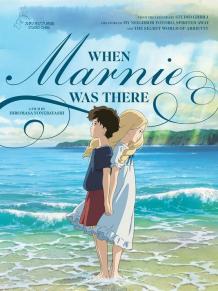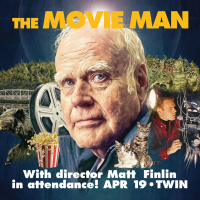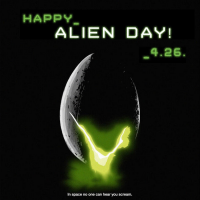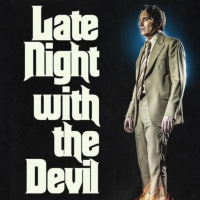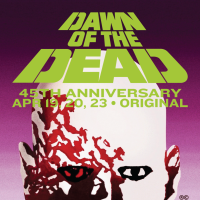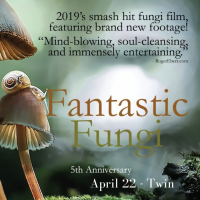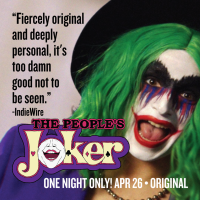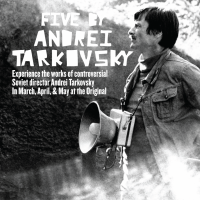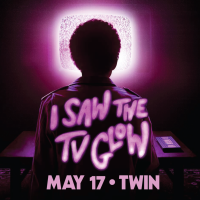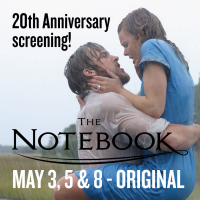"With its lustrous images and emotionally resonant story, the animated feature 'When Marnie Was There' is a nice addition to the abundant genre of tales about young outsiders. It’s a surprisingly serene depiction of a disquieting subject — the depths to which children can feel loneliness or betrayal, whether real or perceived.
"It’s a production of Japan’s esteemed Studio Ghibli, perhaps the last for some time (the studio is retrenching after the retirement of its extraordinary co-founder, filmmaker Hayao Miyazaki). 'Marnie’s' director is Hiromasa Yonebayashi, who made the applauded 'The Secret World of Arrietty' (2010).
"Based on the 1967 novel by Joan G. Robinson, the new film transfers the setting from England to Japan. A 12-year-old named Anna, who lives with foster parents in Sapporo, is a talented artist, but isolated from her peers, and offers an emotionless face to the world. She also suffers asthma attacks.
"On a doctor’s advice, Anna is sent to live with a jovial couple in the Hokkaido countryside who have a relaxed attitude. Anna quickly becomes curious about an old, empty mansion located by a marsh, and said to be haunted. Drawn there, she encounters Marnie, a girl of the same age with striking blond hair whom she has seen in a dream.
"Both girls are eager for a companion. Anna confides that she was wounded and angered to learn that her foster parents were paid to take care of her. Marnie laments that her wealthy parents spend much time traveling, relegating her to the care of bullying housemaids. She also suggests to Anna that their friendship remain secret.
"There are times when Marnie can’t be found. Is she real, or a ghost, or some figment of Anna’s neediness? For a long time, we remain as uncertain as Anna herself. The movie’s refined color palette, and the hand-drawn animation — a keynote of Studio Ghibli — are used with great skill to keep us wondering.
"The film’s depiction of loss, isolation and reconciliation, and the rewards of friendship, grows more touching as the story builds to its highly emotional conclusion. If you feel any kinship with the disaffected, 'When Marnie Was There' has much to tell you." - San Francisco Chronicle.
"When Marnie Was There has a magical quality that only the best children’s literature can evoke: the sense that childhood is larger than life and far more mysterious than adults probably remember. This film is a candle in the dark, guiding the viewer with little flickers to our ultimate destination; hopefully fulfillment, but at least a greater understanding. It’s an act of love that could only stem from understanding precisely what it means to feel unloved. A deeply wonderful experience." -William Bibbiani

